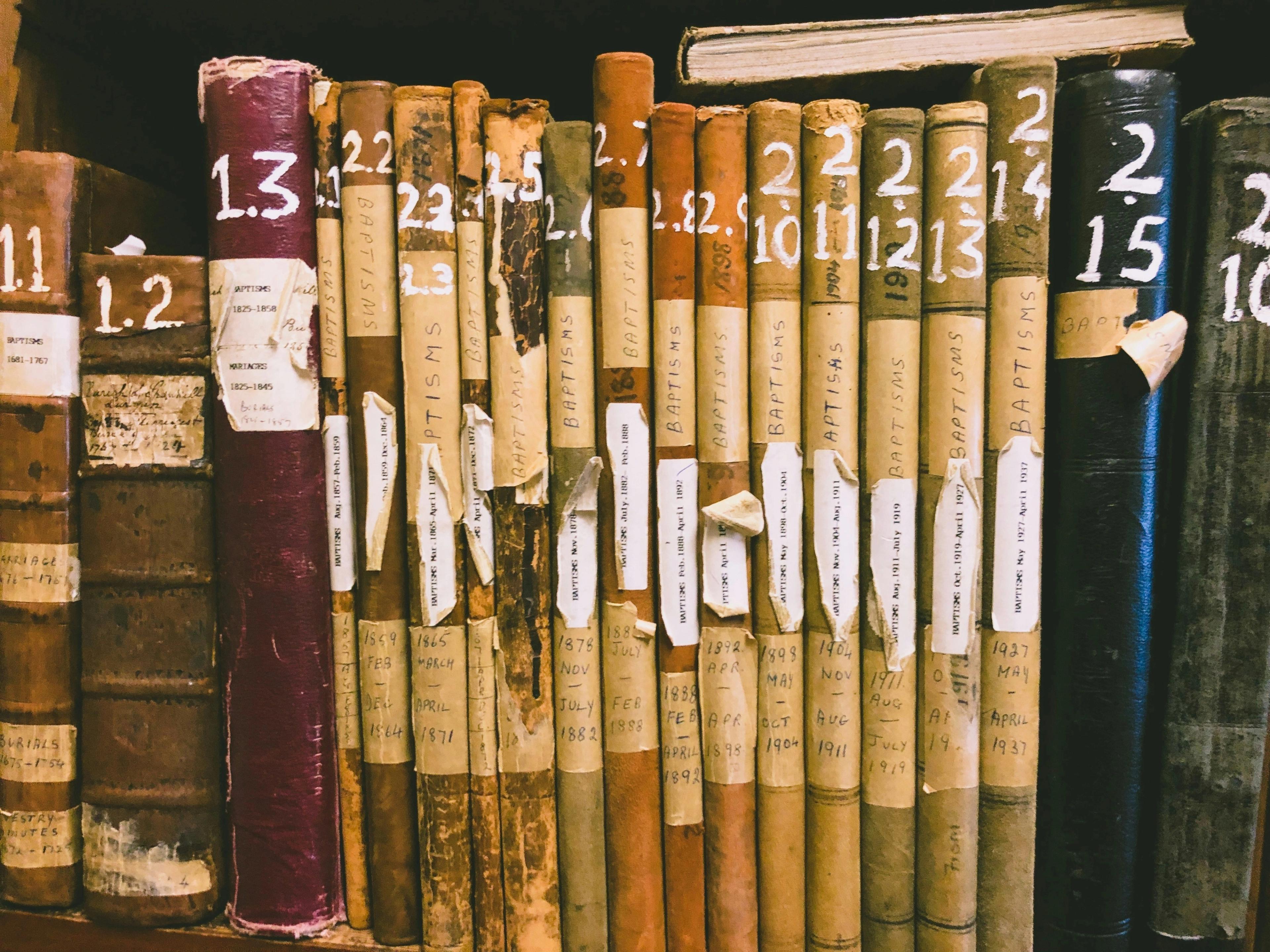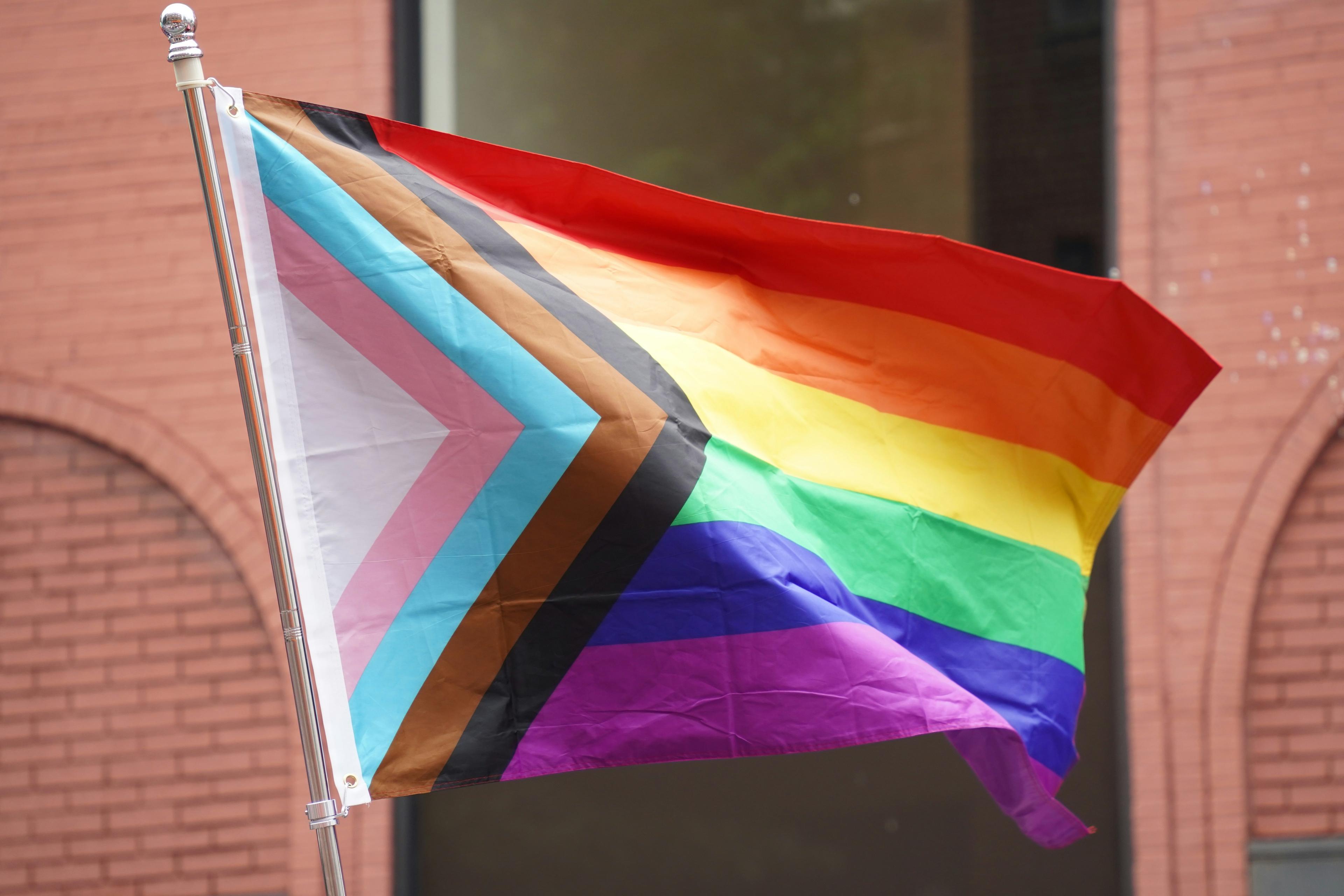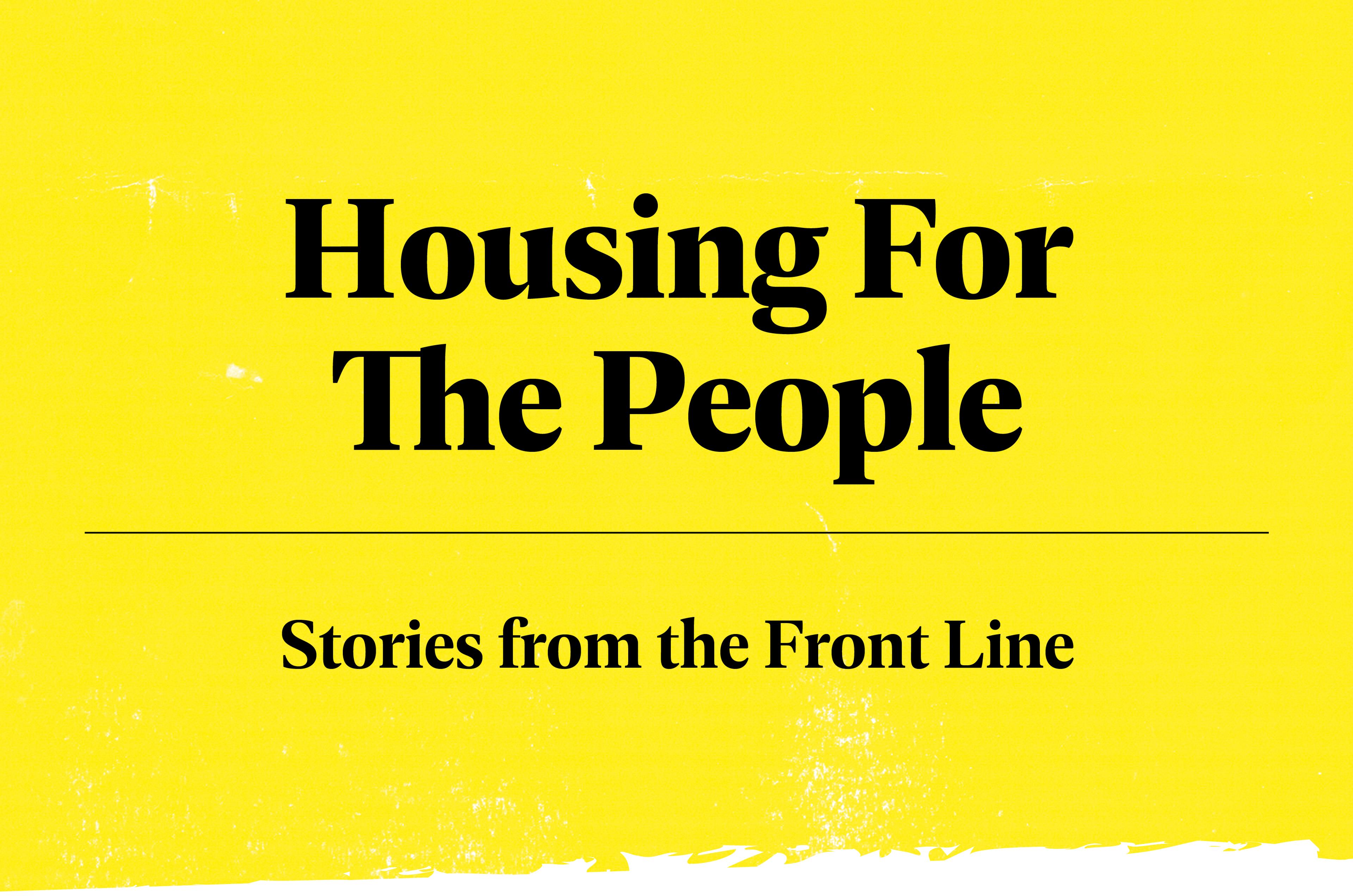Broken spines, but not spineless: a story of self-discovery

Photo by Jon Tyson
By Jordan Methven
- Lived experience
The following article is part of INSP’s Changing the Narrative series. It has been written as the result of the new journalism training academy, established in 2025 by INSP to provide people with direct experience of homelessness and poverty the opportunity to learn about journalism and the media, and to enhance their storytelling and written abilities. The training academy has two ambitions: to challenge media and public misconceptions about homelessness; and to tackle the lack of representation and diversity in newsrooms. The training academy will run again in September 2025 in INSP’s hometown of Glasgow, Scotland.
When a backbone is broken, the likely result is paralysis and immobilisation.
For me, the broken spine analogy extends beyond mere anatomy. Ever since I was young, I’ve had an issue with the spines of books being broken. It’s always made me uncomfortable in my skin.
When a book is in pristine condition, something feels ideal, perfect and untouched – so when I recently broke the spine of a book, I got irritated automatically, scolding myself, but then I stopped. I began to laugh at the absurdity of this belief that I was holding onto – a standard and expectation that was almost beyond understanding, this need for perfectionism at its finest.
I feel fortunate to have got to this stage, to have been given space for learning and looking inwards, to consider this attraction to perfectionism. In the past, I never thought I was capable or worthy, especially when life was at its hardest. Unlearning has been one of the most rewarding but difficult challenges that I have ever encountered.
I was brought up in a dysfunctional home, my parents separated and toxic. There was alcohol and drug abuse, neglect, trauma and poverty. For years, I was plagued by the past, alcoholism, addiction, societal limitations, homelessness and other self-harming behaviours. I couldn’t understand who I was; I felt so detached from myself and my reality, desensitised to the pain that I was feeling and driven by, completely demoralised.
Books gave me a reality that I could hold, feel, embed myself into. They offered a sense of peace and a form of escapism. Books knew no bounds – they gave me solace in imagination and dreams of a better future. But because of the complexities of my upbringing, my dreams did not always feel attainable or achievable, survival mode limited my commitment to a better different life. I can see that now, but I’ve had to learn and understand gradually.
When I was about six, my school went on a trip to the Museum of Childhood. I was in a burgundy sweatshirt and grey skirt, with a bowl cut and fringe. Normally, we were unable to pay for trips or anything extra for school, or sometimes they would make exceptions because of my mum’s limitations. But on that day, my mum gave me a fiver, which was unusual. I was never asked to pay for the bus, so instead I bought myself Harry Potter: The Prisoner of Azkaban in the gift shop.
When I returned home, I was met with misunderstanding and fury. I was treated as if I had committed the crime of the century. It really hurt my small self and soul. I was left very confused – naturally, I was too young to grasp my mum’s difficulties with alcohol, drugs, mental health and lack of money.
Those issues contributed to me developing a faulty perception from a young age, not being taught and nurtured in a healthysense. Only now can I see and understand that this woman, my own mother, just didn’t have the capabilities. She was far from perfect.
But what makes someone or something perfect? Nowadays, the word “broken” has negative connotations. By entering the world of healing and recovery, it has become impossible for me not to see how people become broken, how the world has shaped them. And that’s where the parallel with books applies.
When a book has been appreciated and valued, it bears obvious displays of wear and tear; it might even have a broken spine. But broken spines still have strength and can be repaired.
In myself and others, I see broken spines. When I reflect on my life, I see someone who has persevered and has tried their hardest, no matter the circumstances. I see someone who is now allowing themself to embrace new chapters. And that’s important: we are not bound in the ways that we believe.
When a book becomes disused or worn and damaged, a bookbinder can be the saving grace, and help to put it together again. Our understanding of what is in the inside can be changed and shifted; a story is what we make it.
My story has unfolded to allow myself a chance, a willingness not to be beaten for the rest of my life; to be open and accepting of things that show me how to grow; to move forward despite many mistakes and failures. The recent chapters of my life story have given me more inner peace and intuition; I can look at those pains and mistakes and trust myself to build my own story in different ways.
We are allowed to rewrite our whole life and create more than our dreams allow. I am deserving of love and compassion, and I try freely to embody and relinquish this to myself and others. The world can feel really heavy; it’s hard to navigate and understand. But it can also be a gift, exciting, something to walk towards with courage. Just because something is “broken”, that doesn’t make it spineless.

